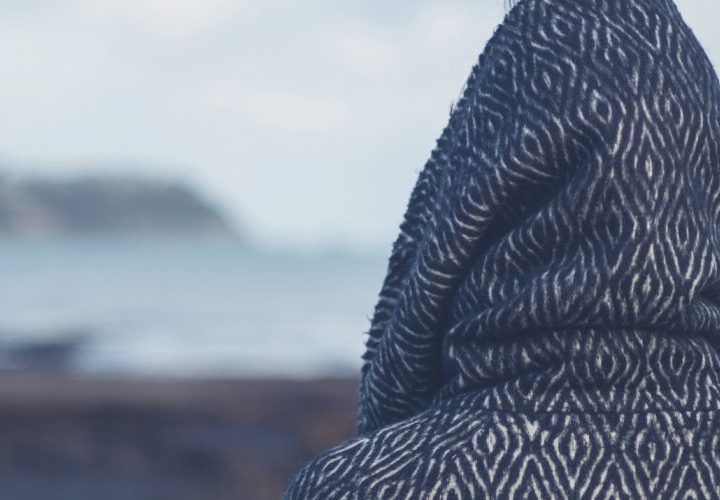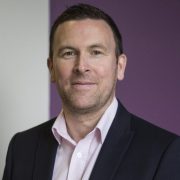For many people in modern society, the Internet and, more specifically, social media, has become integral to the basic functionality of daily life. However, there is growing concern over the lack of protection available to children against sexual grooming and abuse over the internet.
Recently, HM Inspectorate of Constabulary in Scotland (HMICS) has criticised Police Scotland for failing to prioritise investigations into and the prevention of online child sex abuse.
HMICS has found that Police Scotland’s work failed to have an “overarching strategic response” and was under-funded. Online child abuse “rarely features as a priority when specialist resources are being allocated”.
There are also “real” barriers to understanding the extent and nature of the abuse. The police’s policies regarding recording the reports of these types of crimes fail to facilitate the police’s understanding of the scale of the offending.
HMICS has made ten recommendations to Police Scotland to address these issues and improve the online safety of children, including:
-
Improve the means by which the scale and nature of online child sexual abuse is assessed;
-
Undertake a strategic threat assessment to accurately identify the scale, nature and threat to children from online child sexual abuse;
-
Work with the National Crime Agency to ensure intelligence is shared effectively;
-
Review the capacity and capability to conduct undercover online covert operations in support of policing priorities.
HMIC also suggested that “specialist support functions” should be assigned to ” those most in need of protection”, rather than drugs and firearms.
In its report, HMIC highlights the risks also posed by “vigilante groups” or Online Child Abuse Activist Groups (OCAAG) who operate over the internet.
The Crown Prosecution Service defines ‘Internet Vigilante’ as “individuals or groups of individuals who are members of the public using on-line activity to uncover or “catch” alleged paedophiles involved in online child sexual abuse or interested in meeting children for the purpose of such abuse. A wide range of activity may fall under this umbrella term; from parents who intercept a suspicious internet communication and then respond as if they are the targeted child, to sophisticated vigilante groups conducting targeted operations with an international dimension.”
There are concerns that the OCAAGs are untrained and unregulated.
CPS guidance states that although well intentioned, OCAAGs risk disrupting “legitimate covert law enforcement activities and it may be necessary for police forces to take appropriate action to intervene where vigilante groups persist in their activity”. The CPS also states that often, the techniques employed by OCAAGs include the commission of offences and as such, OCAAGs may face prosecution.
Although HMICS chief inspector, Mrs Gill Imery, has stated that launching an online covert police operations is “one of the main proactive tactics”, Ms Imery acknowledged that this tactic is rarely adopted. She goes on to state that “if Police Scotland had a more robust approach to its proactive capability, the opportunities for [OCAAGs] to operate would reduce.”
Ms Imery also stated that the prevention and detection of online child sex abuse “cannot be met by law enforcement alone” and that “there should be more consideration of rehabilitation and treatment interventions for some offenders, allowing the police to focus on those who pose the greatest risk to children.”
Malcolm Graham, the Police Scotland deputy chief constable, stated that the recommendations of HMICS would be “carefully consider[ed]” by Police Scotland.
DCC Graham also noted that, in an “ever-increasing digital world”, reports of online child sex abuse, are on the rise throughout the world. He stated that Police Scotland investigate “online sexual abuse on a daily basis”.
Unfortunately, many children will have suffered and may continue to suffer significant psychological harm due to the abuse. We realise that this may affect them throughout their lives. However, pursing a claim often helps our clients to bring closure to their ordeal and to provide the resources to fund medical treatment and therapy they may require.
If you or someone you know has been the victim of online sexual abuse, including child grooming, revenge porn or covert recording, you can discuss a potential claim with one of our experienced solicitors. We appreciate that it can be very difficult to talk about what happened. We address all enquiries with sensitivity and in the strictest confidence. Call our specialist abuse line on 0330 134 6430 or email us today.








